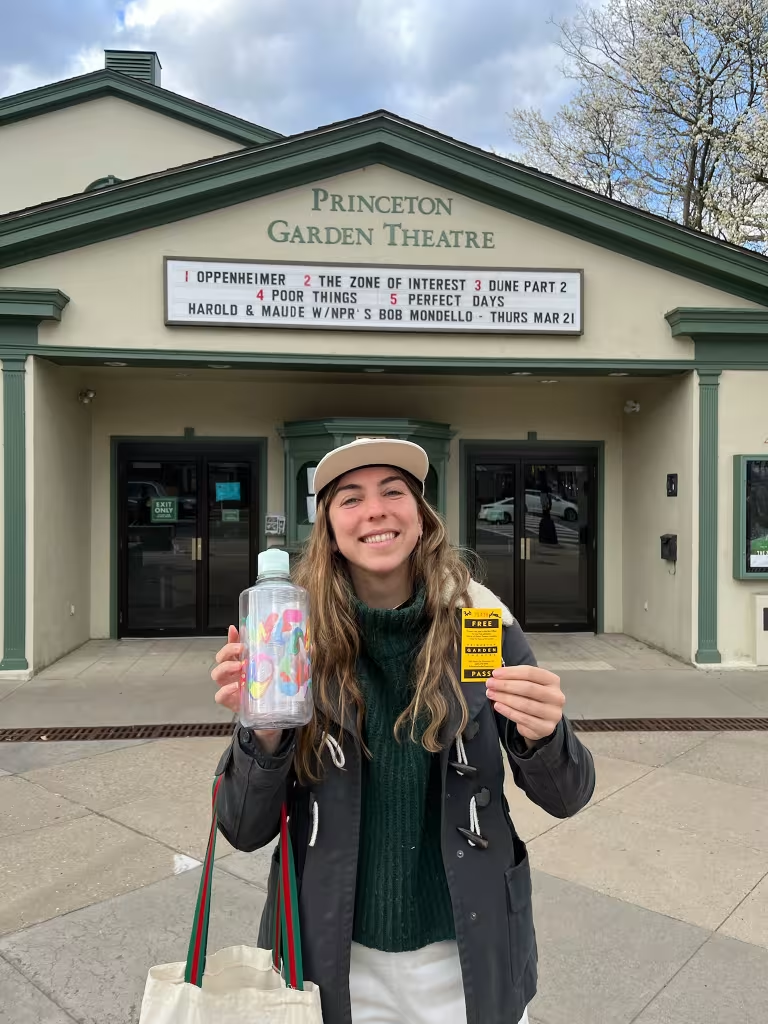When considering PhD programs, I sought something unique—an experience that would not only train me academically but also challenge me to understand and design avant-garde policymaking. I wanted to become a vital liaison between the political and academic worlds. SPIA perfectly embodies this vision, and the Security Studies PhD program encapsulates it beautifully. It's not just about the course design but also about the people who teach and participate in them. Faculty and students alike come from backgrounds that blend academia and policymaking, enriching class discussions and inspiring cutting-edge ideas. For instance, during the Weapons of Mass Destruction seminar, we delved into theoretical discussions of nuclear deterrence, the stability-instability paradox, and feminist critiques of proliferation. We also engaged in conversations with START negotiator Rose Gottemoeller and Chairman of the Joint Chiefs of Staff General Mark Milley about the real political implications of nuclear weapons.

I chose SPIA because it speaks to my personal background. After finishing school in Argentina, my interests were a tangled web of geology, films, politics, and literature. Although I eventually had to choose, my eclectic approach has remained. This is where I found a match with SPIA: the interdisciplinarity and flexibility of a program that allows you to take the research and coursework path you desire, respecting some core requirements. It’s a "choose your own adventure" approach! During the first two years, with your advisor’s approval, you’ll satisfy 8 credits while being able to take classes from departments beyond SPIA and Politics and participate in seminars across the university. For example, I am writing these paragraphs from Lisbon, where I am completing a program on the Luso-African nexus organized by the Portuguese department. While some requirements might seem constraining, the regional requirement has allowed me to become fluent in Portuguese, and I have no complaints.
I’ll be honest: as the only international student in my cohort, the first semester was rough. Adapting to a new country, a new home, meeting hundreds of new people, and striving to be at my highest intellectual level in a language that is not my mother tongue was extremely challenging. But hang on—it gets so much better. I have met incredible and illustrious people, my advisor is fully supportive of any endeavor I wish to pursue, and the program's (and University's) resources, funding, and stipends are game-changers. Reflecting on my first year at SPIA, I speak from my heart when I say that the program will provide you with the skills and resources you need to make a difference in this messy world.


